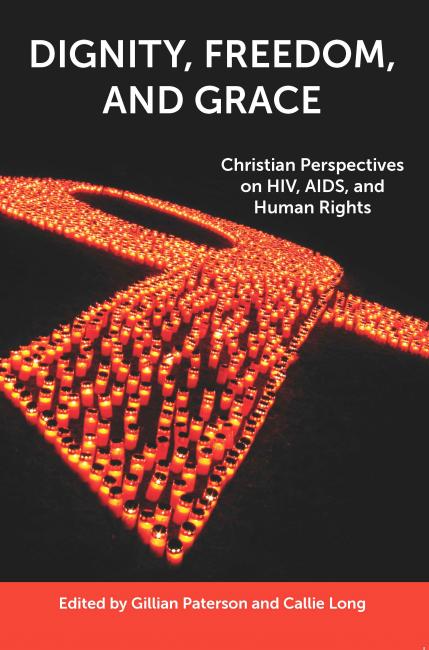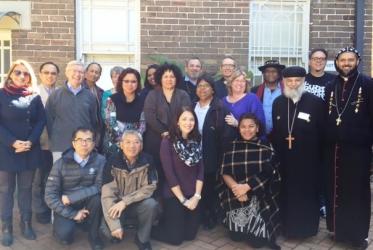Displaying 101 - 120 of 287
Ecumenical Patriarchate hosts scholarly meeting
14 January 2016
Religious leaders urge a ban on fully autonomous weapons
02 April 2015
Momentum builds for ban on nuclear weapons
16 December 2014
Prayers, reflections and action during “Time for Creation”
15 September 2014
“Ecumenism in the forest” draws smiles
07 July 2014







